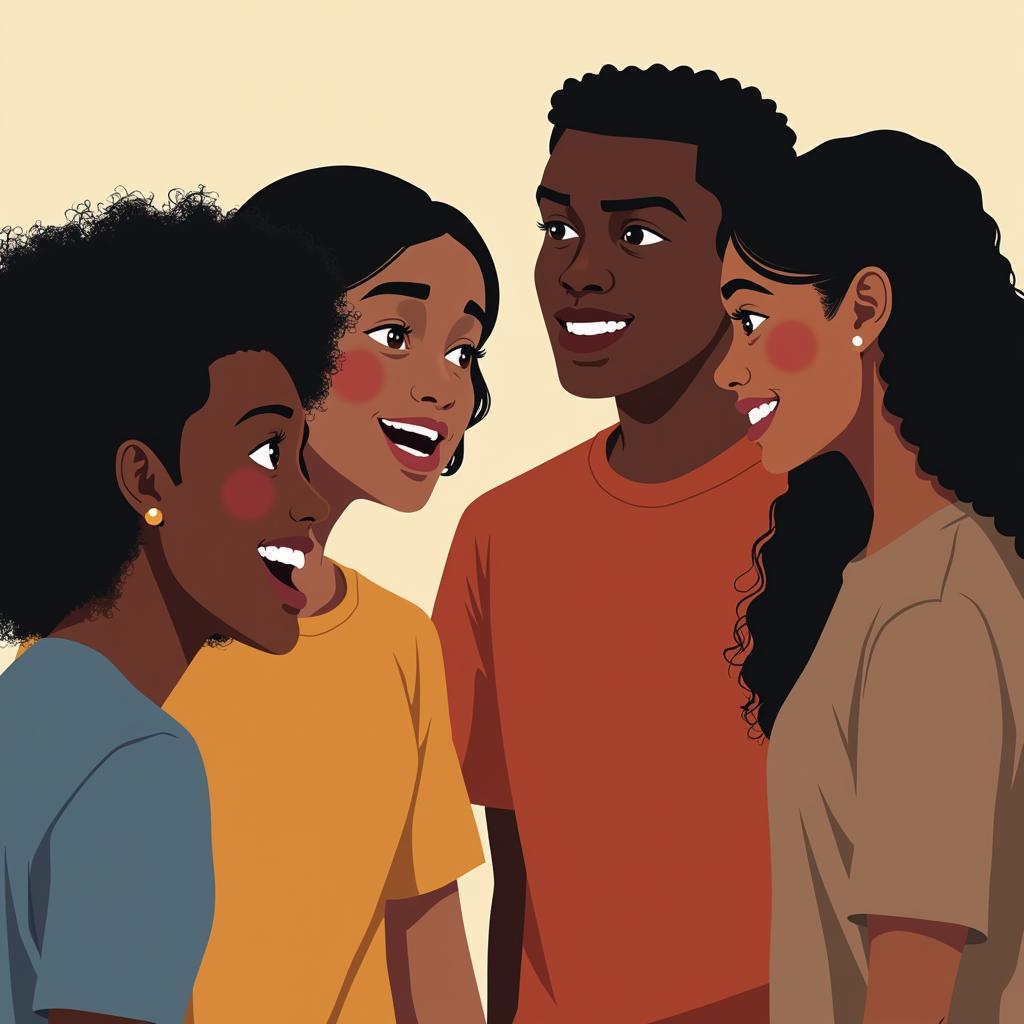1787 African American History: A Glimpse into Early Black Life
The year 1787 holds significant weight in American history, marking the drafting of the United States Constitution. However, this same year also encapsulates a complex reality for African Americans, a story often overshadowed by the dominant narrative. Exploring 1787 African American History unveils a period of both hardship and resilience, revealing the foundations of the long struggle for equality.
The Institution of Slavery in 1787
1787 saw slavery deeply entrenched in the newly formed nation. The Constitution, while proclaiming ideals of liberty, simultaneously enshrined protections for the institution of slavery, laying the groundwork for decades of conflict. The Three-Fifths Compromise, counting enslaved people as three-fifths of a person for representation purposes, solidified the power of slaveholding states in the new government. This legal recognition of slavery as a legitimate practice further marginalized and dehumanized African Americans. What were the daily realities for enslaved people during this time? They faced brutal conditions, forced labor, and the constant threat of family separation. Their stories, often untold, represent the silent suffering at the heart of the nation’s founding.
African american lounges in chicago
Seeds of Resistance and the Fight for Freedom
Even amidst the horrors of slavery, the spirit of resistance flickered. 1787 saw the formation of the Free African Society in Philadelphia, an organization dedicated to mutual aid and the upliftment of free Black communities. This marked an important step in the burgeoning movement towards abolition and self-determination. Led by figures like Richard Allen and Absalom Jones, the Free African Society provided essential services, promoted education, and advocated for the rights of African Americans.
What were the goals of the Free African Society?
The Free African Society aimed to provide support and resources to free Black communities, promoting self-sufficiency and challenging racial discrimination. They laid the groundwork for future civil rights organizations and exemplified the resilience of the human spirit in the face of oppression.
The Paradox of 1787: Liberty and Oppression
1787 presents a stark paradox: a nation founded on principles of liberty while simultaneously perpetuating the institution of slavery. This contradiction would become a central tension in American history, fueling the long and arduous struggle for civil rights. How could a nation dedicated to freedom deny that very freedom to an entire segment of its population? This question resonates throughout the history of the African American experience.
“1787 is a reminder that freedom is not a monolithic concept,” notes Dr. Amina Kenyatta, a historian specializing in early African American history. “It was a reality for some and a distant dream for others, highlighting the deep inequalities present at the nation’s birth.”
Life Beyond Enslavement: Free Black Communities
While slavery dominated the narrative, free Black communities also existed in 1787. These communities, often facing discrimination and hardship, carved out spaces of autonomy and built vibrant cultural traditions. They established churches, schools, and businesses, demonstrating resilience and determination in the face of adversity. What challenges did free Black communities face? They often encountered legal restrictions, limited economic opportunities, and social prejudice. Despite these obstacles, they persevered, creating a foundation for future generations.
“Understanding the experiences of both enslaved and free Black people in 1787 provides a more complete picture of the period,” adds Dr. Kwame Nkrumah, an expert on 18th-century African American life. “Their struggles and triumphs are integral to the American story.”
Conclusion
1787 African American history is a story of contrasts, of oppression and resistance, of despair and hope. It’s a crucial piece of the American puzzle, revealing the complexities of the nation’s founding and the long journey towards equality. By exploring this history, we gain a deeper understanding of the challenges and triumphs of the African American experience and the ongoing fight for justice.
FAQ
- What was the Three-Fifths Compromise?
- What role did the Free African Society play in 1787?
- What were the main challenges faced by free Black communities?
- How did the Constitution of 1787 address the issue of slavery?
- What are some key resources for learning more about 1787 African American history?
When you need assistance please contact Phone Number: +255768904061, Email: [email protected] Or visit us at: Mbarali DC Mawindi, Kangaga, Tanzania. We have a 24/7 customer service team.



